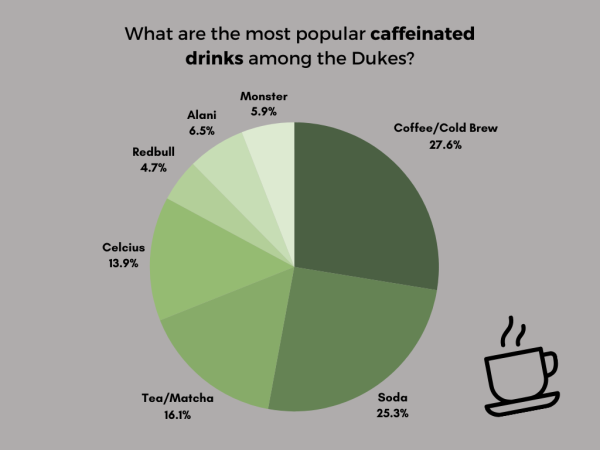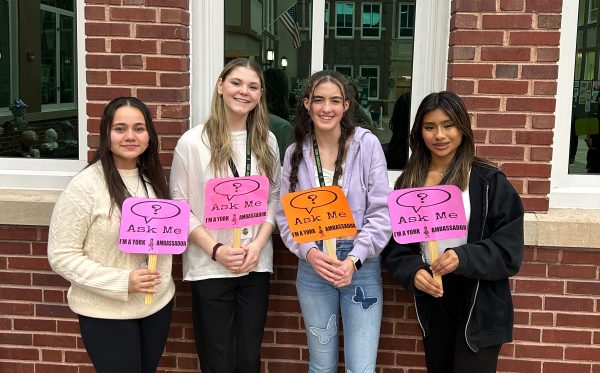Psyche of scary movies: Decoded
The gory blood, the unexpected pop ups, and the obnoxious loud effects, are what people love-and hate- about watching a good scary movie. But, how and why do scary movies affect people, if the content isn’t even real? York’s AP psychology teacher, Ms. Schroeder sat down with York-Hi to offer insight as to why and how scary movies affect us psychologically.
YH: Why do scary movies affect our brains differently?
Ms. Schroeder: “Personality is a big factor in whether or not someone enjoys horror films. People that like to approach a conflict as a means of dealing with it are more likely to enjoy horror films than people who prefer to avoid conflicts.”
YH: Does seeing scary movies as a child impact if a person likes or dislikes them today?
Ms. Schroeder: “Early childhood experiences can influence if you enjoy scary movies today or not – if you saw a horror film at a young age and if you were too young to know the monsters are fake, it can be quite traumatic and something you’ll never forget, in a bad way. The chemicals that are released during the “fight-or-flight” response can work like glue to build strong memories of scary experiences.”
YH: When watching scary movies, why do people close their eyes at scary parts, instead of their ears?
Ms. Schroeder: “We cover our eyes because it is the dominating sense of all our senses. We respond most strongly to things that we see over things that we hear, so if we are watching a scary movie, our responses are towards the scary images more than the scary sounds.”
YH: Why does the brain still get scared even if it mentally anticipates the pop ups?
Ms. Schroeder: “Jumping during “pop out” scenes is a response from your sympathetic nervous system (SNS), a part of your nervous system that is not under your direct control. The SNS produces the “fight, flight” response. Even if you are anticipating the pop out scene, if you find the movie scary in general, you will still have adrenaline coursing through your body so your jump may be lessened by anticipating the scene, but you might not be able to make it go away completely.”
YH: Do scary movies affect the way someone sleeps that night? Why?
Ms. Schroeder: “We can’t sleep at night after a scary movie due to the adrenaline mentioned above. If we keep thinking about it or “re-scaring” ourselves we won’t allow our Nervous System to break down the adrenaline and slow our heart rate enough to allow us to sleep. Best thing to do immediately after a movie is to distract yourself. Hang with friends, watch a funny tv show, until you are tired enough to fall asleep. Don’t sit alone in dark places, that will only make it worse.”












